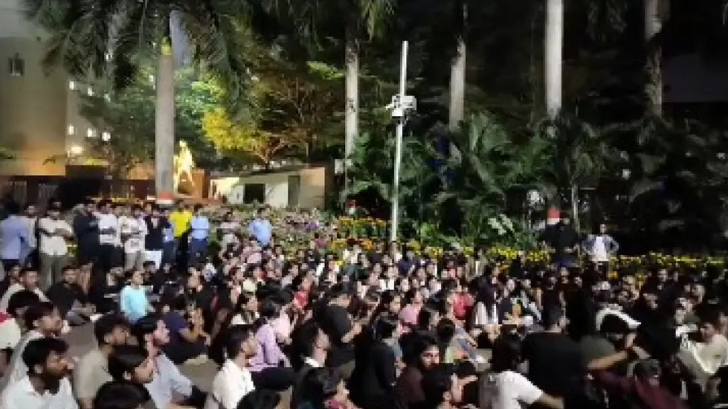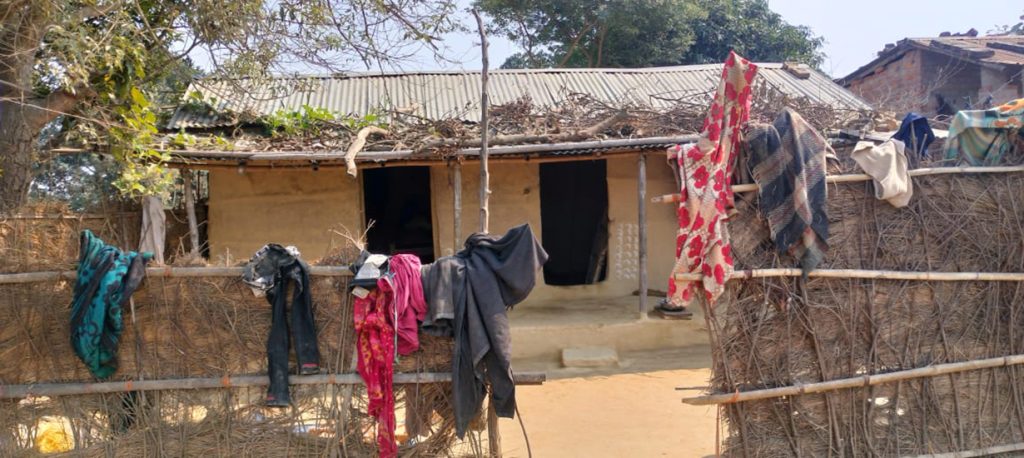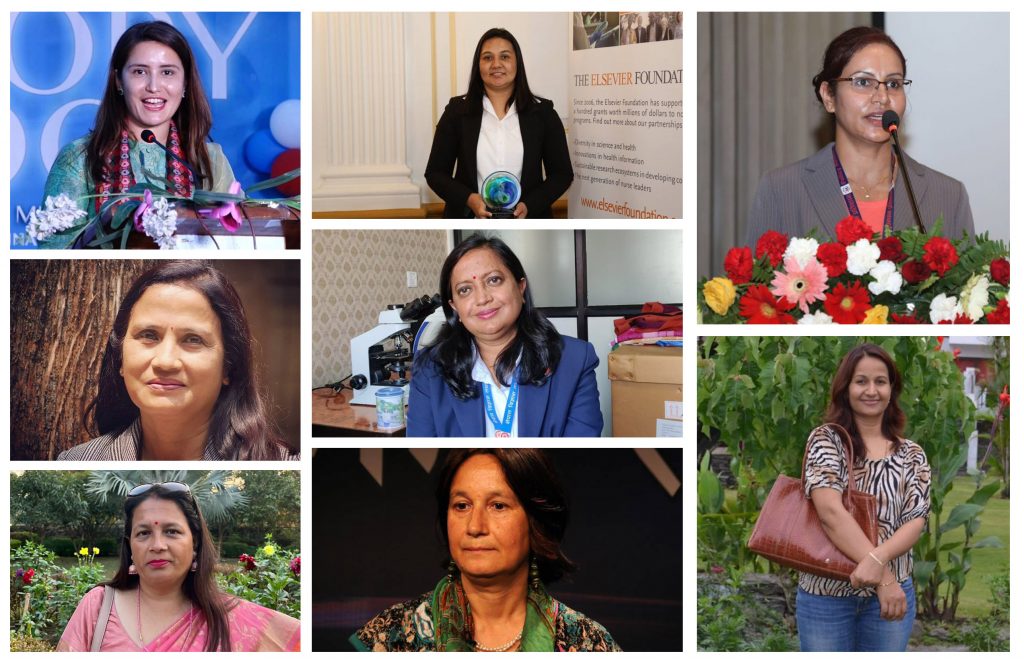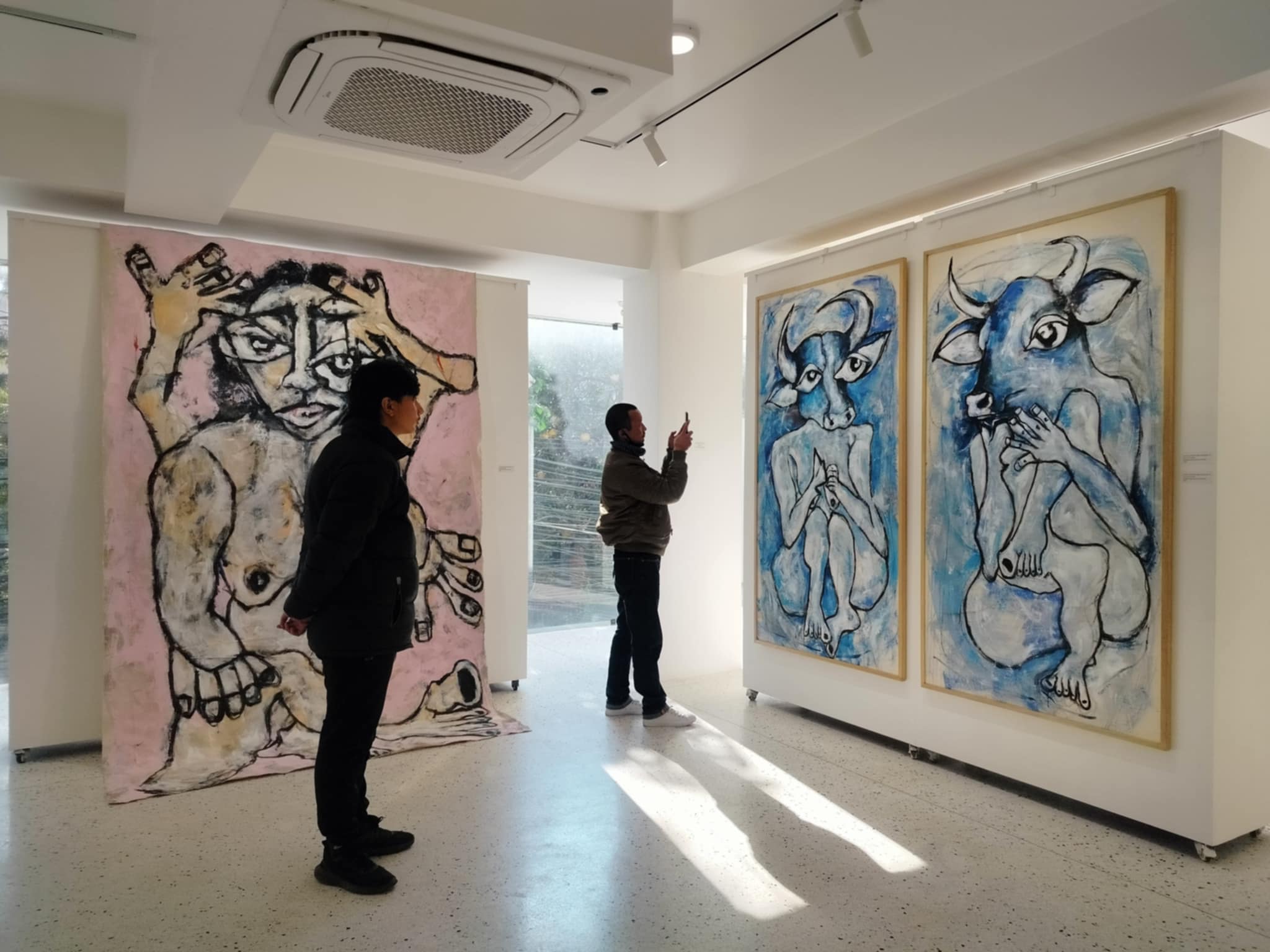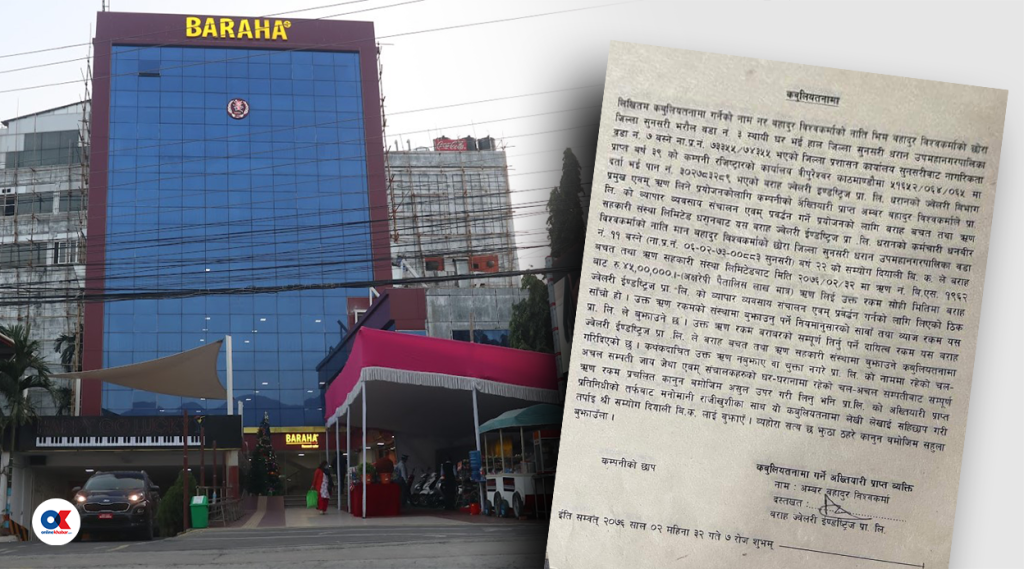
As law students, we often idealise the Supreme Court—envisioning it as a temple of justice where erudite legal minds engage in profound discourse. However, my first visit to observe a case at the Supreme Court of Nepal offered a stark contrast to this romanticised image.
On an ordinary morning, I accompanied my supervisors, who were presenting arguments in a significant case. I was thrilled at the prospect of witnessing a high-stakes legal battle with numerous representatives on both sides. Yet, my excitement quickly gave way to a sobering reality check. At 11:00 am, the courtrooms were empty. The judges entered at 11:40 am, and only then did the case files arrive. This lack of punctuality was jarring, but I resolved to focus on the proceedings.
The session began with an unusual spectacle: a line of individuals explaining to the judges why their cases could not be heard due to conflicts of interest. The judges, in turn, examined the files to confirm these claims. Observing them handle what seemed like clerical tasks raised a flurry of questions in my mind: Why weren’t court clerks (faant) managing this? What happens when all 21 Supreme Court judges have recused themselves from a case? Does justice then stagnate, awaiting new judicial appointments?
As the case proceedings finally began, I was struck by the lack of substantive discourse. Despite the presence of numerous legal representatives on both sides, the arguments lacked depth and originality. Instead, there was an overwhelming sense of repetition. The senior counsels, many of whom bore the prestigious title of “senior advocate,” failed to demonstrate the caliber of legal acumen I had expected. It felt like attending an orchestra where all eight lawyers played the same note, creating an uncoordinated and monotonous chorus.
Even more disheartening was the gradual erosion of courtroom decorum. Senior counsels, who should be paragons of professional ethics, were shouting from the back and engaging in disruptive behaviour that would make any young lawyer question their lessons from law school. The solemn atmosphere of the ijalas transformed into something akin to a chaotic marketplace, with lawyers interrupting judges and squabbling amongst themselves.
This experience exposed a glaring disconnect between the professional ethics we are taught and their real-world application. The Bar Council’s emphasis on professional ethics during interviews seemed performative rather than substantive in light of what I witnessed. It left me questioning the future of legal professionalism in Nepal’s courtrooms.
Reflecting on the experience, I thought about India’s online hearings and the strict decorum maintained in moot court competitions. Perhaps adopting an online module for Supreme Court hearings in Nepal could instill a sense of accountability and professionalism among legal practitioners. The visibility of their conduct might compel advocates to elevate the quality of their arguments and behavior.
The most troubling aspect, however, is the impact of such behaviour on young legal professionals. When senior advocates, who position themselves as mentors, exhibit such disregard for courtroom etiquette, what message does this send to aspiring lawyers? This normalisation of unprofessional conduct risks perpetuating a cycle of declining standards.
Unfortunately, my law school education did not prepare me for these realities. While I am well-versed in acts, regulations, and procedures, the practical experience revealed a stark divergence from academic teachings. I strongly recommend that law schools incorporate mandatory court visits into their curriculum. Such exposure would provide students with a firsthand understanding of the profession’s practical challenges and nuances.
As I left the Supreme Court that day, my bag felt heavier—laden not with files but with disillusionment. This experience, though disappointing, served as a powerful reminder of the responsibility we bear as the next generation of legal professionals. We face a choice: to perpetuate these disheartening practices or to stand firm in our commitment to elevate the legal profession.
To aspiring law students, I offer this advice: visit the courts. Witnessing the realities of the legal system will ground your ideals and inspire you to contribute to the betterment of the profession. Before you decide to pursue law, remind yourself of the larger duty you have—to uphold and elevate the standards of justice in our society.






